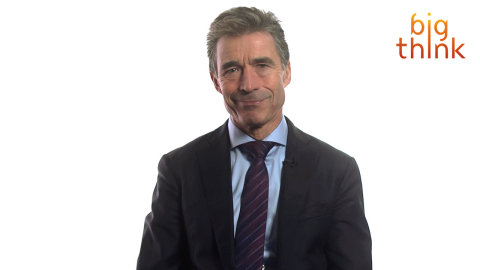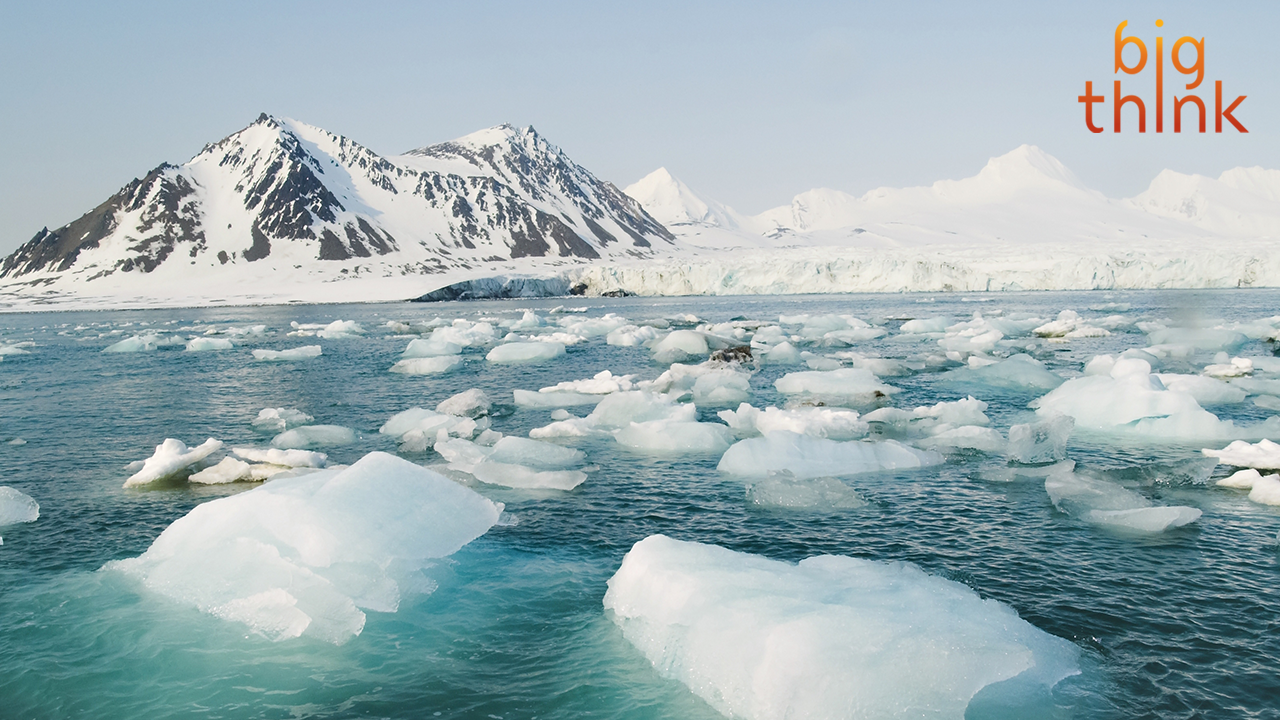Anders Fogh Rasmussen on Tensions in the Arctic

Earlier this year, Anders Fogh Rasmussen completed his 5-year term as NATO Secretary General. The career politician had previously served as Prime Minister of Denmark from 2001 to 2009. Rasmussen is featured in today’s brief Big Think interview, in which he discusses rising tensions in the Arctic region due the effects of climate change:
This video is similar to a conversation we had with Icelandic President Ólafur Ragnar Grímsson several months ago. In that interview, President Grímsson explained the reasons why the Arctic had emerged as a new major political playing field. Rasmussen echoes one of those reasons in the video above: climate change. While much of the concern related to melting sea ice involves rising sea levels, both Grímsson and Rasmussen acknowledge that less ice in the Arctic means fewer obstacles between world powers and the region's supply of untapped natural resources. Rasmussen explains that this is already leading to certain political tensions:
"Last December President Putin delivered a speech in which he announced that Russia is going to build up its military presence in the Arctic. And, of course, it is an indication that there might be increased tensions in the future including military tensions. And obviously NATO should stay prepared also in that situation our Article 5 Collective Defense Commitment covers the whole of NATO territory including NATO territory in the Arctic."





